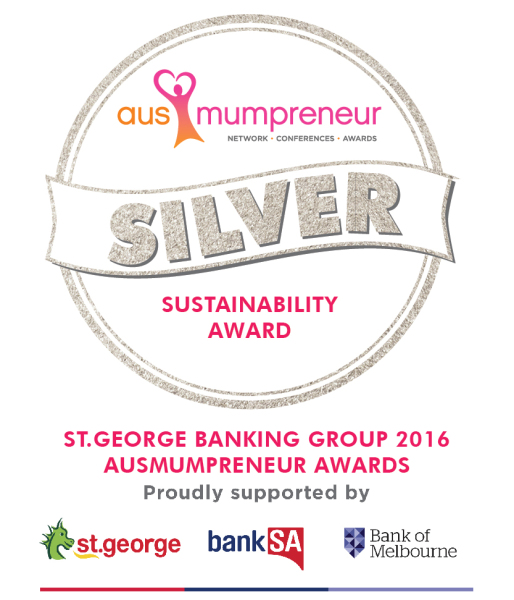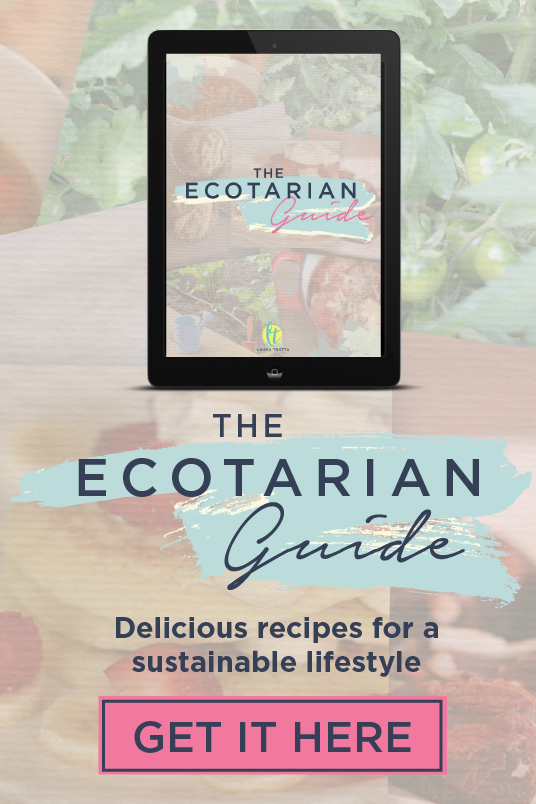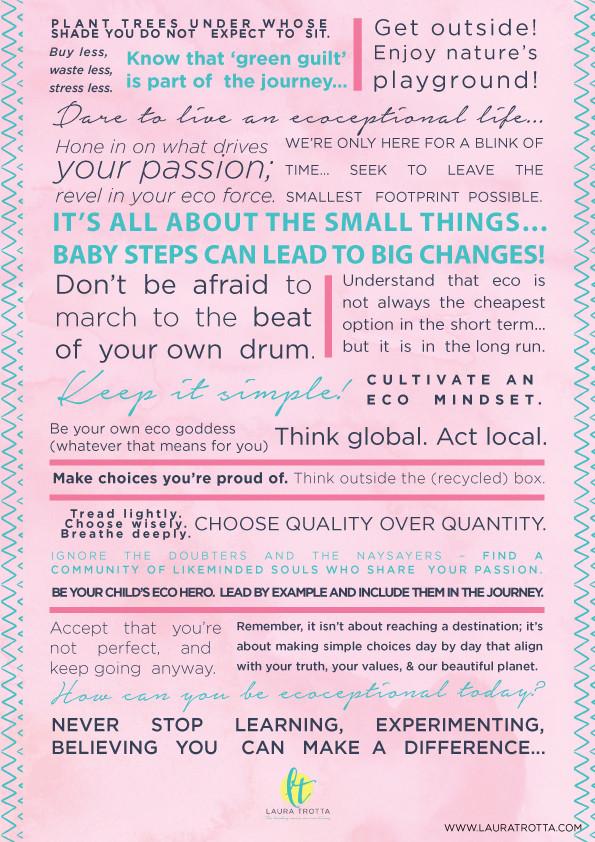Pure soap is the original general purpose cleaner. In its purest form, natural soap contains no extra additives such as colours and fragrances and biodegrades completely. In this article I’ll share the benefits of using pure soap for household cleaning tasks and my three favourite uses for pure soap flakes.
Podcast: Play In New Window
Subscribe in Apple Podcasts | Stitcher | Spotify
What is pure soap?
Soaps are derivatives of fatty acids and have been traditionally made from triglycerides (oils and fats). Tallow (or sodium tallowate), rendered beef fat, is the most available triglyceride from animals.
Soaps can also be made from vegetable oils such as palm oil, coconut oil, olive oil and laurel oil. Soap made from pure olive oil is sometimes called Castile soap and is known for being extra mild.
In recent years, there has been growing awareness of palm oil due to due the impact of this industry on declining orang-utan populations. To help reduce the global demand for this product, opt for locally made pure soaps made from other plant oils such as olive oil.
Soaps, such as those from The Australian Natural Soap Company are palm oil free, cruelty free, paraben free, sulfate free, detergent free, biodegradable and vegan.
HOw does soap clean?
When used for cleaning, soap allows otherwise insoluble particles to become soluble in water and then be rinsed away. Synthetic detergents operate by similar mechanisms to soap however are not made from natural ingredients.
Pure soap is wonderful for cleaning our hands, face and body, because the loosened dirt is rinsed away immediately; however soap used by itself is not as effective in the laundry.
Soaps can allow dirt lifted from clothing to redeposit on the clothes before the wash cycle is finished. In hard water (water containing high levels of minerals such as magnesium and calcium), soaps can react with minerals to form scum. This scum does not easily dissolve and it can be difficult to remove from fabrics. Due to these disadvantage, soaps have largely been replaced by detergents in the washing of clothes, however soap scum can be avoided by blending pure soap with a natural softening agent such as washing soda (sodium carbonate).
Three uses for pure soap flakes
Natural Laundry Powder Recipe
Ingredients
- Pure soap (either a soap bar or pure flakes)
- Washing soda (sodium carbonate)
Directions
If using the bar of soap, you will need to either grate manually (using a cheese grater) or cut into smaller pieces and grind in a food processor such as a Thermomix (about 10 seconds on speed 8).
Mix together 2 parts soapflakes to 1 part washing soda (sodium carbonate). Add a bit more washing soda to the mix if you live in a hard-water area to prevent the creation of insoluble soap scum.
Use 1 tablespoon in top loads, 1/2 tablespoon in front loaders.
* If you don’t have the ability to grate your soap, you can take a short cut by using commercial soap flakes but just ensure that they don’t contain parfum (artificial fragrance).
Natural Wool Mix Recipe
Ingredients
- 1 cup pure soap flakes
- 1 cup boiling water
- 2 tablespoons water soluble essential oil (eg. lavender or eucalyptus)
Alternative: you can use 2 teaspoons of pure essential oil instead of synthetic water-soluble essential oil, however will need to add it with ¼ cup of methylated spirits to keep the oil in solution.
Directions
Place the soap flakes and boiling water in a large mixing bowl and mix well with the stick blender or whisk (or electric blender or Thermomix) until soap has dissolved.
Add the essential oil and methylated spirits (if using) and mix very well, but not too well that your suds overflow the blender!
Pour the mixture into a large jar. You may have to do this in stages while waiting for the suds to settle.
Leave the jar overnight to cool and the wool mix will set to a firm jelly.
To use, rub a small amount into stains or dissolve one tablespoon of wool wash in warm water prior to adding to your load.
Wash woollens as per manufacturer’s directions and rinse well.
Natural Dishwashing Liquid Recipe
Commercial dishwashing liquids contain synthetic ingredients such as Sodium Laureth Sulfate, Cocamidopropyl Betaine, Lauryl Glucoside, Sodium Xylenesulfonate and Benzisothiazolinone
Pure soap is much gentler on your hands, health and the environment than commercial dishwashing alternatives.
Directions
To use simply add approximately one tablespoon of natural soap flakes to a sink of hot water.
Stir vigorously to dissolve and create bubbles.
Wash and rinse dishes as you would with any other dishwashing liquid.
Note: adding more soap flakes will not result in more bubbles! Only a small amount is need to clean your dishes. Adding too many soap flakes will result in a slimy water.
Final Thoughts
Pure soap is a natural and effective cleaner for your home that’s better for your health and the health of our environment than synthetic cleaners. By using natural soap for cleaning applications around your home you’ll reduce waste, save money and improve your health.
If you’d like more tips and recipes to help you break up with toxic chemicals in your home, check out my Home Detox Boot Camp. It’s there where I guide you step by step through the process of replacing toxic chemicals in your home with effective, economical and natural alternatives.
OVER TO YOU!
What are your best uses for pure soak? Share in the comments below!
Like this post? You’ll also love:
EP 42 – The Health and Environmental Impacts of Wearing Perfume
EP 100 – How Toxic Are Your Personal Care Products?
EP 116 – My Favourite Natural Cleaning Products
EP 144 – How to Clean with White Vinegar
EP 145 – How to Clean with Eucalyptus Oil
- Sustainable Home Design- factors to consider to maximise sustainability - July 28, 2022
- Advantage and Disadvantages of Tiny Houses - May 31, 2022
- How School Strike 4 Climate is Empowering Youth to Fight for Their Future - May 1, 2022

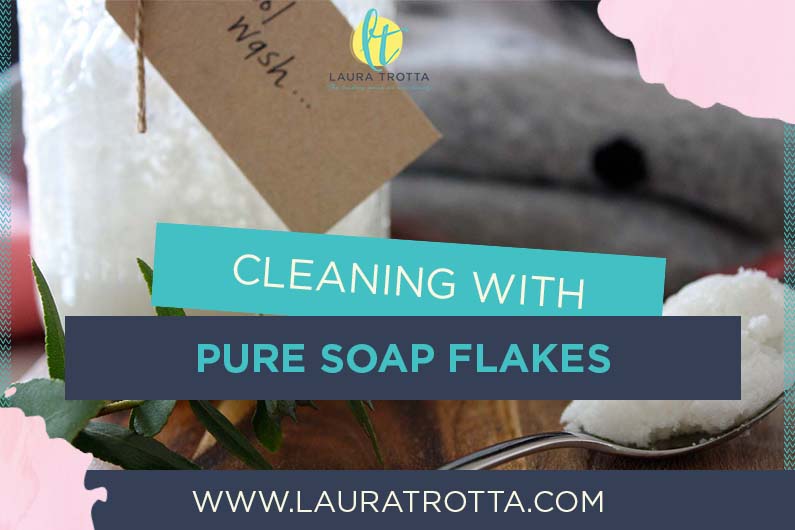
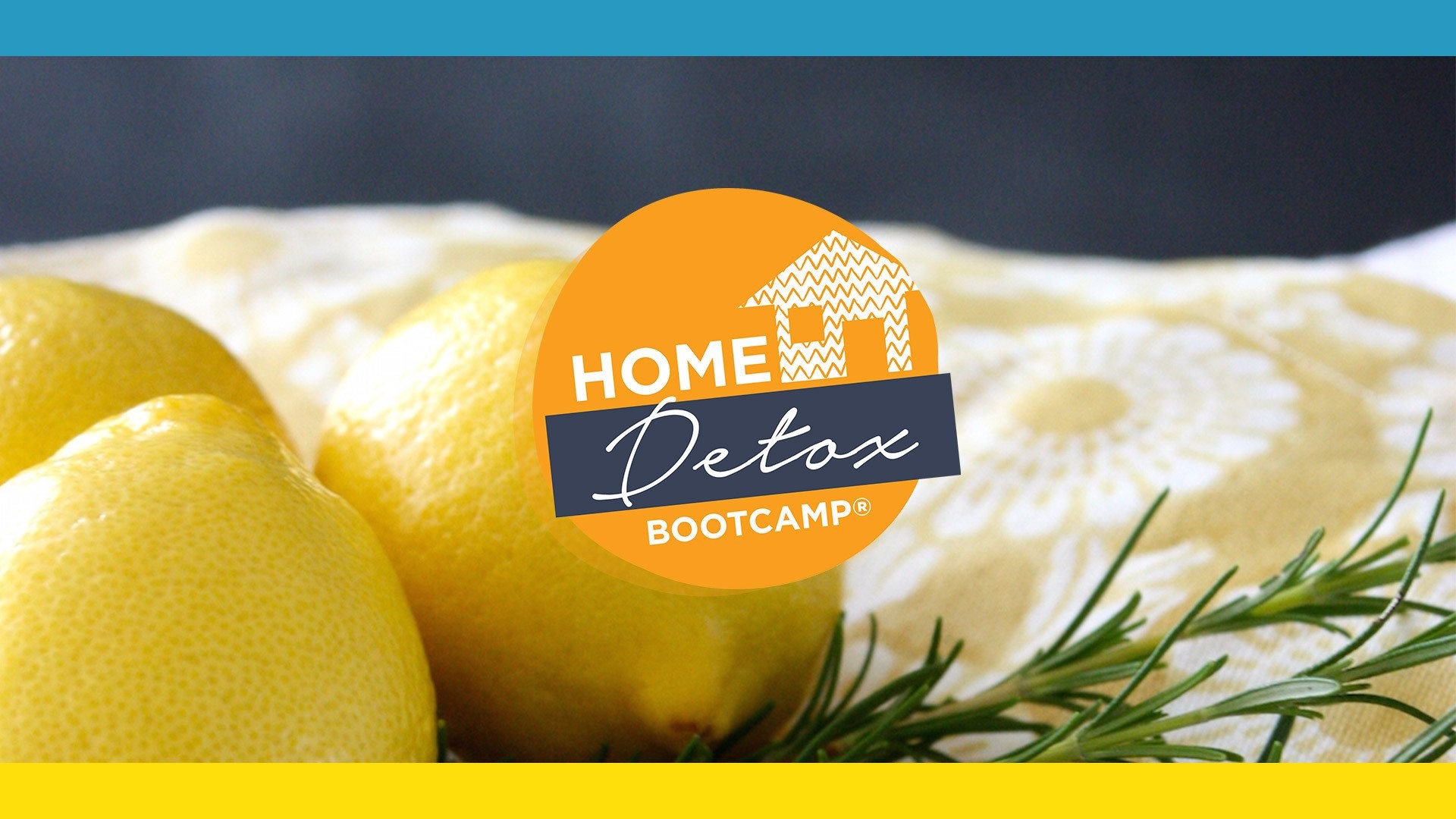
 Laura Trotta is one of Australia’s leading home sustainability experts. She has a Bachelor of Environmental Engineering, a Masters of Science (in Environmental Chemistry) and spent 11 years working as an environmental professional before creating her first online eco business, Sustainababy, in 2009. She has won numerous regional and national awards for her fresh and inspiring take on living an ‘ecoceptional’ life (including most recently winning the Brand South Australia Flinders University Education Award (2015) for the north-west region in SA and silver in the Eco-friendly category of the 2015 Ausmumpreneur Awards). With a regular segment on ABC Radio and with her work featured in publications like Nurture Parenting and My Child Magazine, Laura is an eco thought leader who’s not afraid to challenge the status quo. A passionate believer in addressing the small things to achieve big change, and protecting the planet in practical ways, Laura lives with her husband and two sons in outback South Australia.
Laura Trotta is one of Australia’s leading home sustainability experts. She has a Bachelor of Environmental Engineering, a Masters of Science (in Environmental Chemistry) and spent 11 years working as an environmental professional before creating her first online eco business, Sustainababy, in 2009. She has won numerous regional and national awards for her fresh and inspiring take on living an ‘ecoceptional’ life (including most recently winning the Brand South Australia Flinders University Education Award (2015) for the north-west region in SA and silver in the Eco-friendly category of the 2015 Ausmumpreneur Awards). With a regular segment on ABC Radio and with her work featured in publications like Nurture Parenting and My Child Magazine, Laura is an eco thought leader who’s not afraid to challenge the status quo. A passionate believer in addressing the small things to achieve big change, and protecting the planet in practical ways, Laura lives with her husband and two sons in outback South Australia. 